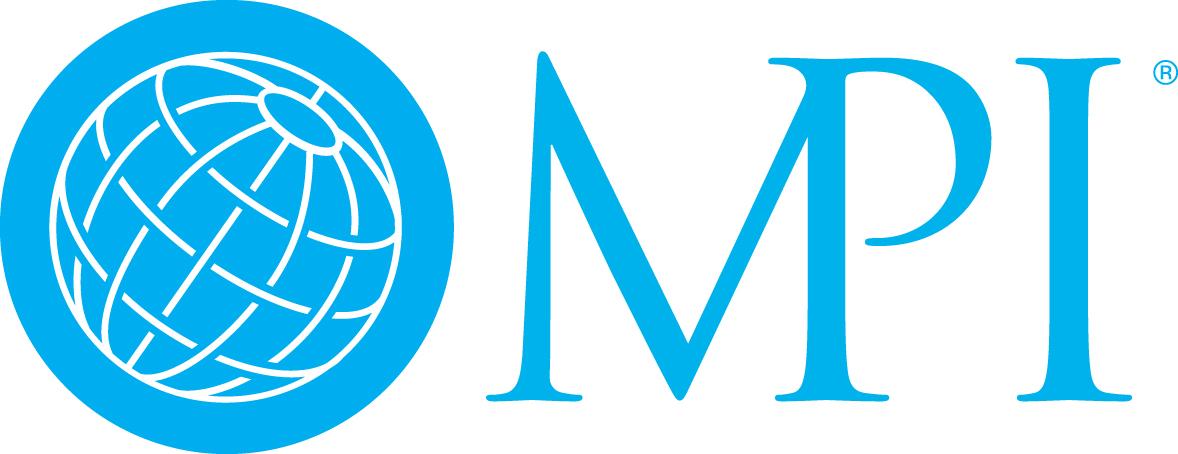Nearly 60% of those working in the meeting and event industry started since the onset of the COVID-19 pandemic, according to research by Freeman. In these 101 articles, we provide key learnings for those new to the industry or those seeking a refresher to help set them up for success.
By Jeff Porter, CEO, Handbid
You’ve just wrapped up a big event—cue the collective sigh of relief. But before you pop that celebratory champagne, there’s one crucial task left: collecting and analyzing that juicy event data. While your gut might say the event was a hit, hard data confirms whether your intuition was right or if there’s room for improvement.
This is where post-event surveys come in. They determine your event’s true impact, offering insights into everything from the online guest experience to whether you spent your fundraising event budget wisely. Did attendees feel engaged? Was the venue up to par? Did you stay within budget, or did you dip into the emergency fund? These answers will guide your next steps, ensuring each event is better than the last.
Why send post-event surveys?
So, you’ve gathered some hard numbers about attendance and fundraising data, and your intuition is telling you the night was a success. But why stop there? Sending post-event surveys helps you:
● Gain insight into the event’s successes and challenges
● Learn more about your guests’ preferences
● Engage guests after the event ends
● Source ideas for future improvements
While post-event surveys are most commonly used for guests, you can also survey your volunteers, corporate sponsors, and donors to get a holistic view of the event.
For instance, in a post-event survey for an auction, you might discover certain auction items to avoid or learn that guests find paper bid sheets difficult to use. You could even uncover insights about your volunteer management and training process—like how volunteers felt about their roles or if they needed more support.
These surveys aren’t just about patting yourself on the back; they’re about making sure each event is better than the last and letting everyone involved in the event be part of that process. But to create effective surveys, you need to ask the right questions. Let’s dive into our list of 21 questions you should consider adding to yours.
Guest engagement questions
Asking the right questions about guest engagement is key to creating a fulfilling experience. When guests feel engaged, they’re not just attending—they’re participating, connecting, and leaving with a sense of satisfaction that ensures they’ll want to return. Engagement-related questions help you understand what truly resonates with your audience and where you might need to pivot.
Here are some questions you can include in your post-event survey to gauge guest engagement:
● What made you decide to attend the event?
● How engaged were you during [certain activity or session]?
● Did you participate in our networking opportunities?
● How satisfied were you with the event app?
● Did you interact with both in-person and online guests?
● How likely are you to attend a similar event in the future?
Based on the answers to these questions, an event planner can make decisions that boost engagement in the future, like switching up their digital tools if guests don’t find the event app useful. In this case, it could be time to explore more intuitive, user-friendly options for next time. Or, if networking opportunities were underutilized, you might rethink how they’re structured to encourage more interaction.
Event quality questions
Understanding the quality of your event from the guests’ perspective is crucial. It’s not just about whether they had a good time—it’s about what they took away from the experience. Did your event leave them more informed, inspired, or eager to return next year? Gauging the quality of your event helps you pinpoint what worked and what didn’t, so you can keep raising the bar.
To measure event quality, ask questions like:
● On a scale of one to ten, how much did you enjoy [certain session or speaker]?
● Did you leave the event feeling more informed, empowered, or knowledgeable?
● Did you feel that the event was worth the ticket price?
● How likely are you to attend this or similar events in the future?
● Would you recommend this event to a friend or colleague?
You can easily tailor these questions to suit your specific event type. For instance, at a fundraising gala, you might ask if guests felt more connected to the cause and whether they felt their contributions made a significant impact. Alternatively, at a professional conference, you could focus on how much guests’ learned and how meaningful they think the new connections they made are.
Questions about accessibility
Accessibility is a crucial aspect of any event, ensuring that every guest, regardless of their needs, can fully participate and enjoy the experience. Incorporating an accessibility checklist into your event planning is a great first step, but even the best-laid plans can overlook certain details. That’s where post-event surveys come in handy—they help you identify parts of your event that might not have been as accessible as you intended.
Get a sense of your guests’ experience with event accessibility by asking the following questions:
● Did the event venue meet your accessibility needs?
● Was the registration and check-in process easy to navigate?
● Did you find our website and mobile app intuitive? Did you experience any technical difficulties?
● Was there enough time and space for everyone to participate in discussions?
● On a scale of one to ten, how inclusive did you feel the event was?
Then, use these insights to brainstorm ways you could boost accessibility in the future. For instance, if guests report technical difficulties or express that they didn’t feel included—especially when attending virtually—you might consider building your own event or auction website tailored to meet their specific needs. This could involve integrating more accessible features, ensuring better technical support, or creating a more inclusive online environment that suits your unique event needs.
Open-ended questions
Open-ended questions are a goldmine for getting detailed feedback straight from the source—your guests. Unlike multiple-choice or rating questions, open-ended ones let you hear the full story in your guests’ own words, offering deeper insights into their experiences and suggestions.
There are countless open-ended questions you might ask, but here are a few to use as a starting point:
● What was your favorite part of the event?
● What was the best session you attended and why?
● What could we have done differently to improve this event?
● What topics or activities would you like to see at future events?
● How did you hear about the event?
● Do you have any final thoughts or comments to share with the event planning team?
The answers to these questions can provide valuable clues on how to improve your marketing strategies or help you identify which sessions or topics resonated most with your audience. By tapping into your guests’ candid feedback, you can fine-tune future events, ensuring they’re even more aligned with what your audience wants and needs.
Once you've crafted your post-event survey, it’s time to send it out and gather those invaluable insights. To get the best results, aim to send your survey while the event is still fresh in your guests' minds—within 24 to 48 hours is ideal. Personalize emails to encourage participation, and consider offering an incentive to complete the survey like a discount or entry into a raffle.
Remember, the more responses you gather, the clearer the picture you’ll get of your event’s successes and areas for improvement.

Jeff Porter is no stranger to fundraising events, having participated in them for over 25 years. He ran his first fundraiser in 2005 and has managed over 50 auction events and fundraisers for his own charities, not to mention hundreds more with Handbid. Jeff has been involved in technical product and software development since 1996 and has built and managed mobile app solutions since 2008. When it became clear that he and his wife, Kari Porter, needed a better solution for their fundraisers, developing a mobile bidding app was a no-brainer. The result? Jeff and his wife Kari developed and launched Handbid in 2011.



